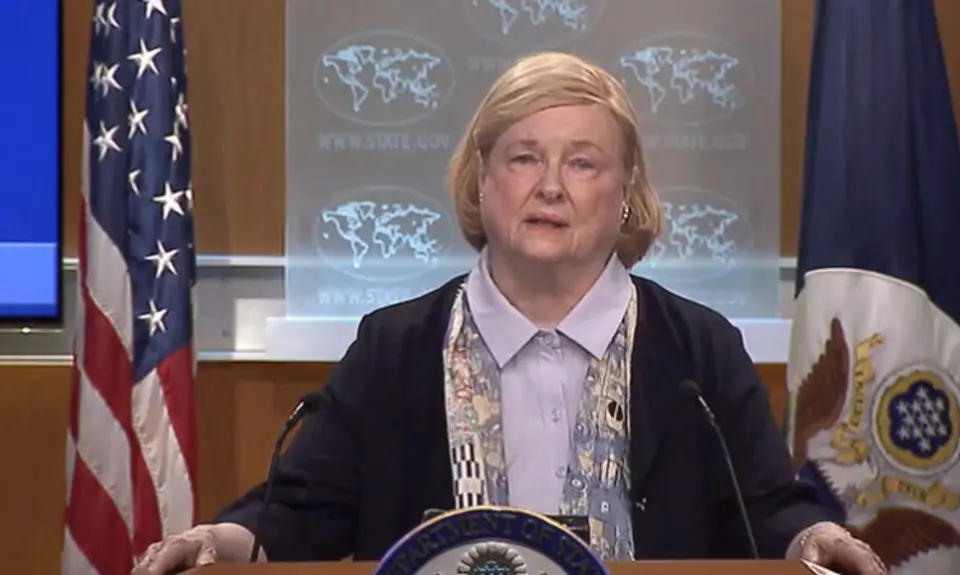Mary Ann Glendon, the Harvard University law professor who chairs the new Commission on Unalienable Rights that was created by Secretary of State Mike Pompeo, was interviewed for the Lawfare podcast in a segment that was published on Saturday.
The initial announcement of the new commission in May, and its formal launch in July, were greeted with alarm by many human rights advocates concerned about the commission being created outside the State Department’s existing human rights infrastructure, its charge to reconsider human rights policy through a “natural law” lens, and the social conservatives like Robert George who were behind its creation and those named to serve on it. Hundreds of organizations and individual scholars and activists (including me) signed a recent letter calling the commission harmful and urging Pompeo to disband it.
In the Lawfare interview, Jack Goldsmith asked Glendon about the concerns raised by human rights advocates, saying the strong reaction to the commission’s creation reminded him “how proprietary certain progressive guardians of human rights are.” Glendon called the reaction “remarkable in its lack of open-mindedness and its rush to judgment” and said she hopes some critics will have the “grace” to concede that they were wrong once the commission has completed its work.
Glendon also seemingly sought to undermine the credibility of the commission’s critics, saying, “very little is known about the funding and agendas of many of these groups that have described themselves as human rights groups.”
Glendon, author of a book about the United Nations’ Universal Declaration of Human Rights that was adopted 70 years ago, said that at a time of confusion surrounding the concept of rights, it’s useful to take a step back and consider the bigger picture:
I think the reason why the commission was created just now, and why the commission, in my view, is overdue, is that we are in a moment when the very idea of human rights is in crisis. It is being attacked from the right and the left. There is confusion about what rights are, why we have them, and, meanwhile, about half of the world’s population is suffering under regimes where they have no rights at all—not the most basic rights that are the preconditions to all other rights.
Among the concerns raised about the commission, as Goldsmith noted, has been that talk of “rights inflation” and “natural law” suggest that LGBTQ rights will be targeted. Glendon dismissed that as “wild speculation.” But that possibility has been celebrated by Religious Right leaders, such as global anti-LGBTQ activist Brian Brown, who said in July that the commission gives his International Organization for the Family “an extraordinary opening to push for clear and consistent recognition of the natural family” and “gives us a forum to challenge American foreign policy that has in the past advanced the extreme agenda of the left that has been cloaked in the language of so-called human rights.”
It didn’t help matters that Glendon echoed the rhetoric of anti-LGBTQ groups and politicians when she said that one of the topics the commission will discuss will be “the sense in many non-western countries and in fragile states that western-funded organizations are imposing neocolonial views on them and calling them human rights.”





